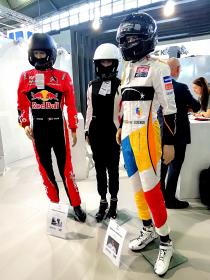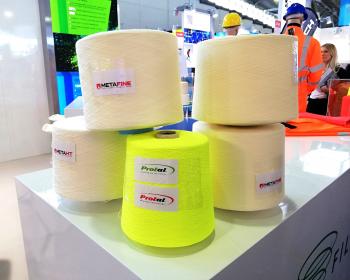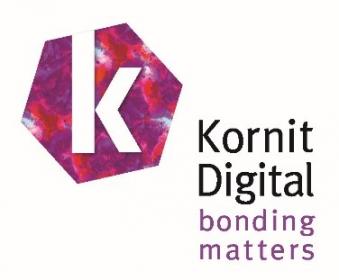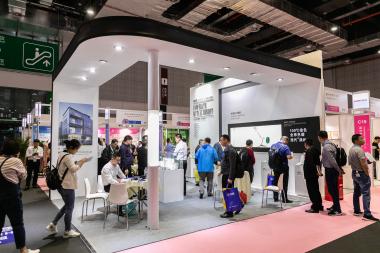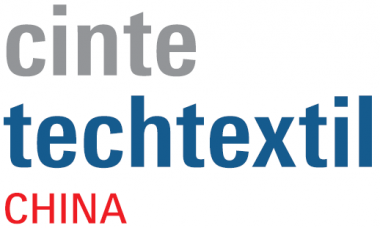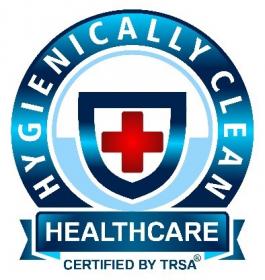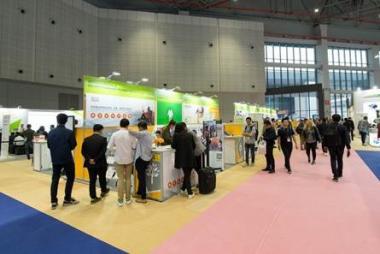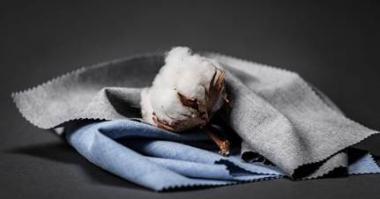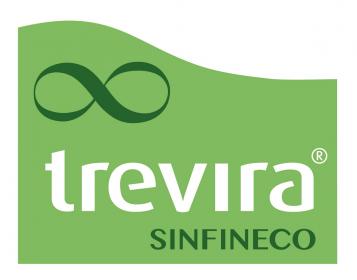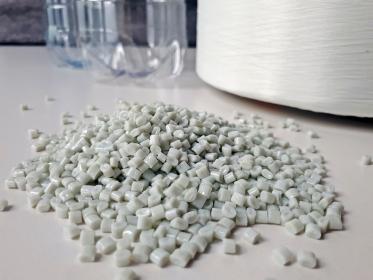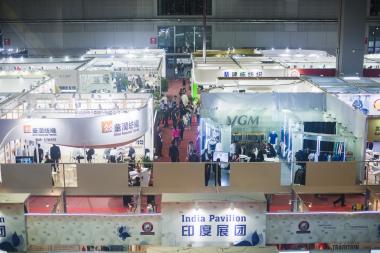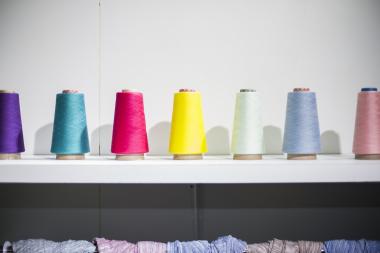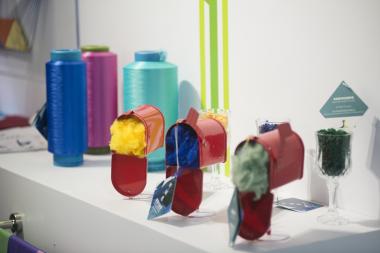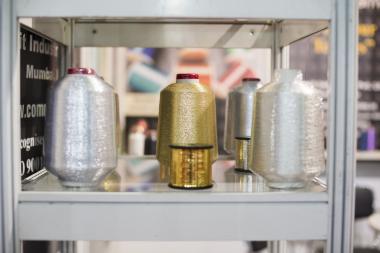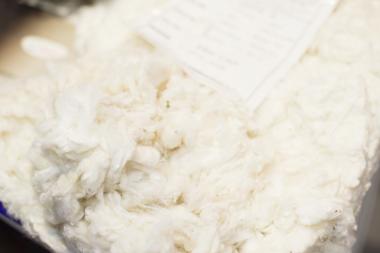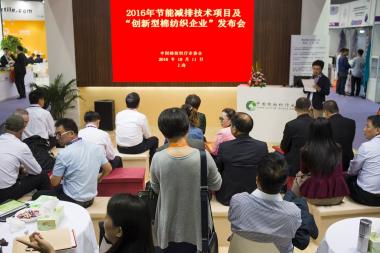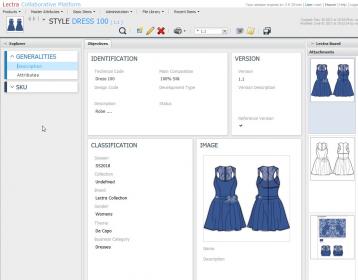Filidea: Premium range of racing suits for Formula 1 and the World Rally Championship
The last frontier of innovation in racing suits made with yarns in Metamicro is the model Prime SP-16+, designed in collaboration with the Team McLaren Honda F.1
The spinning mill Filidea, joint venture between Marchi & Fildi spa and Abalıoğlu Holding A.Ş specialized in technical and high performance yarns with natural and synthtic fibers, is parter of Sparco, italian Company leader for the production of automotive components and technical apparels for the most important world Championships. The cooperation between the two Companies located in Piedmont, northern Italy, is focused on the supply of yarns with Metamicro in an exclusive composition, that are used for the production of the racing suits Sparco of the Premium range for Formula 1 and the World Rally Championship. The fire resistant yarn Metamicro based on aramidic fibers are a product of the latest generation, for their production it is necessary a special spinning line. The production is following the strict Sparco standards. Sparco controls all the production chain of racing suits, from Filidea, who has the competence to dye all the yarns with aramidic fibers in its own dyeing plant, to the woven fabric, produced and dyed in its own plant, to the woven fabric made by the italian Company TAT, till the production of garments. The process is always improved and tested.
Metamicro yarns are made by an high peformance spinning process. They are used for the production of fire resistant fabrics, that make a protection barrier for the body against flames and high temperature. The very fine micronage allows the production of very light fabrics with thick texture, the perfect base for light and comfortable suits. These features assure easier movements to the driver and the maximum protection from fire, keeping high breathability.
Filidea has invested on its production capacity of corespun yarns with XLANCE® technology, fiber used for the production of longlasting workwear apparel with an excellent fitting.
The spinning mill Filidea, joint venture between Marchi & Fildi spa and Abalıoğlu Holding A.Ş specialize in technical and high performance yarns with natural and synthtic fibers, is increasing its production of blends with XLANCE®.
XLANCE® is the innovative elastolefin fibe, elastic, chlorine and UV resistant. It finds application on workwear and outdoor clothing, with natural and comfort fitting. The comfort stretch feature follows the the body’s natural movement during the day-to-day work. Workwear clothing are so light, resistant and with a contemporary look. Resistance to abrasion and to frequent industrial laundry cycles with chemical products meet the needs of several professional sectors. XLANCE® is produced by ©Xlance srl, Company located in Varallo Pombia (province of Novara – Piedmont – Italy) that found in Filidea the perfect partner for the development of specific yarns, that are getting more and more requested. An innovation that is getting more important thanks to the cooperation of the two textile Companies located in Piedmont. Filidea has been producing XLANCE® yarns since 2009 and has now a great know-how. The Company to strengthens its leadership in technical yarns, for the main applications on protetictive garments, workwear, sportswear, racing and automotive. Filidea has developed and consolidated several partnerships for the creation of complete supply chains and the collaboration with ©Xlance is a perfect example.


